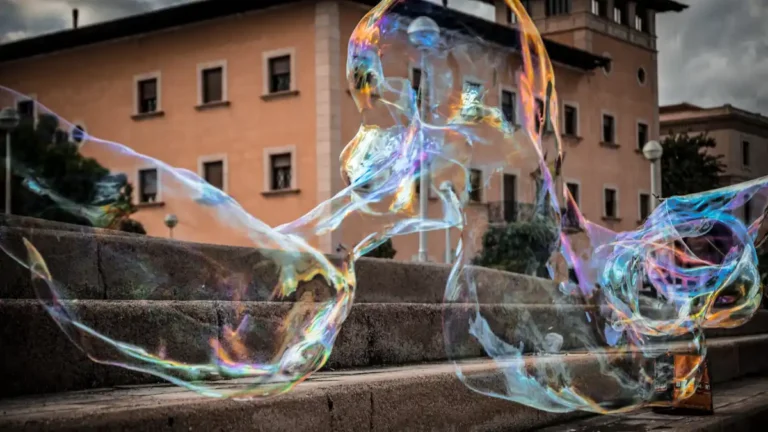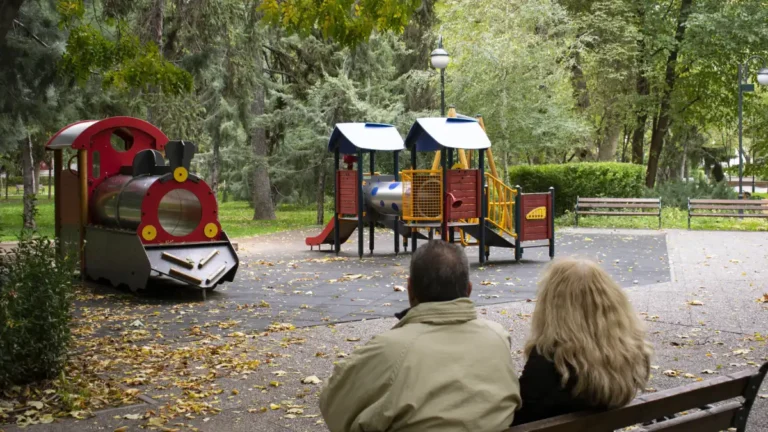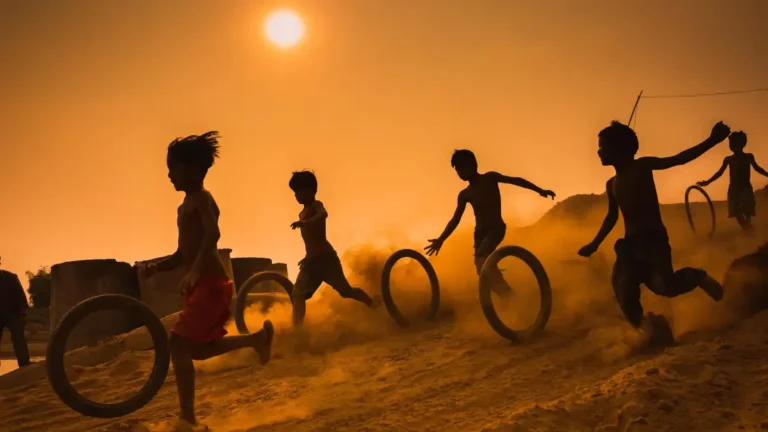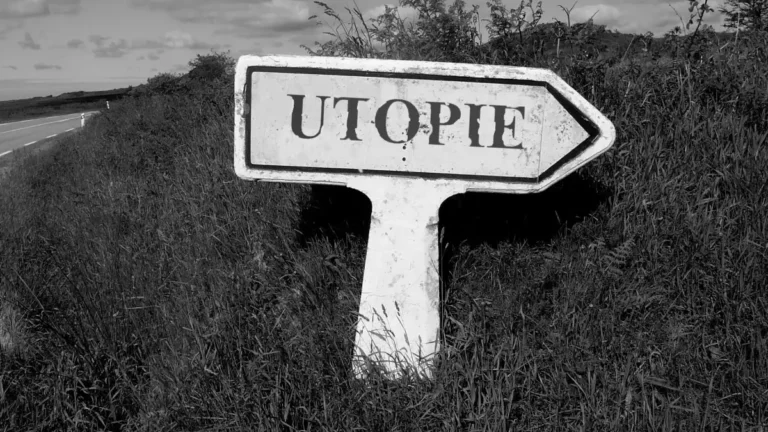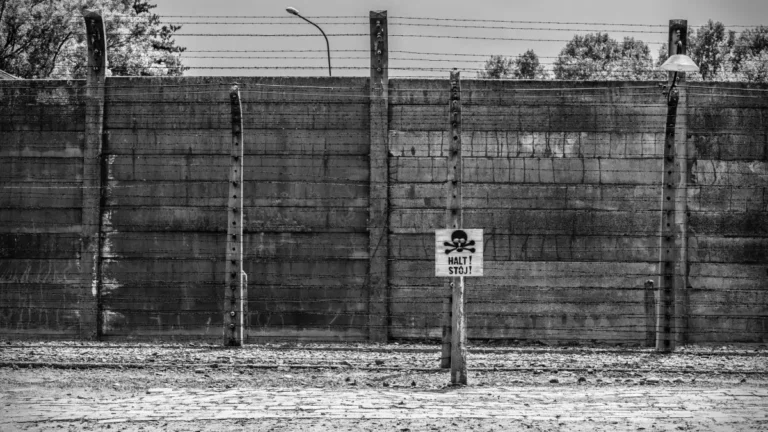The Paper Cathedrals of Academia
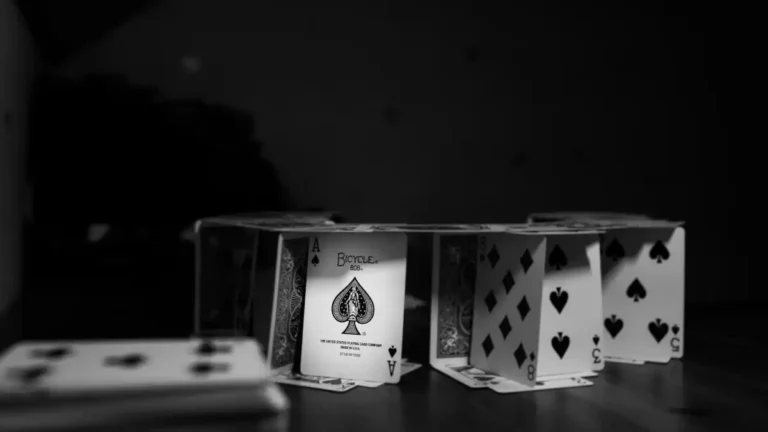
Academia does not traffic in truth; it barters in narratives, polished like relics for a congregation desperate for certainty. Professors genuflect before consensus, mistaking repetition for rigor, while reality stands outside the lecture hall, uninvited and unmoved. The cathedral of scholarship is built not on stone, but on paper—and termites are feasting.

